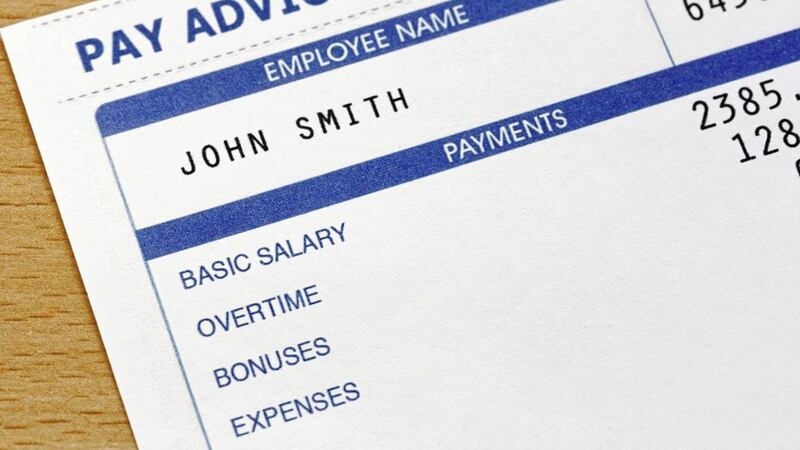QUESTION: I operate a small business with 35 employees who work different shift patterns and hours each month. What payslip changes came into force in April 2019?
ANSWER: The law requires that a payslip is provided to all employees each time they are paid. The exception to this legal requirement means that for the following there is no obligation to provide a payslip, non-employees: contractors, freelancers and workers. There are additional categories where a payslip is not required: police service; merchant seaman; master and crew of share fishing vessel.
When a payslip is required, it can be provided as a printed or written document, or your employer can provide it electronically. However, the payslip must be provided on or before the employee’s payday.
The legal requirements of the detail on payslips are limited, there are many styles and formats which vary from employer to employer and industry to industry. The concept of wage packet has increasingly reduced, with the onset of direct credit transfer into the employee bank accounts. Cash pay, once the norm, is now rare as are cheque payments.
So, the UK law on payslip requires at least the following to be shown (as a minimum):
• Earnings before and after deductions
• The amounts for deductions which may change from period to period
Where deductions are fixed amounts, the employer also needs to provide details although that may be provided as part of a separate statement. For the majority, the payslip would often show deductions along with further employer provided information. If a statement of deductions was used, then that statement must be issued before the first payment to a new employee and annually thereafter to all employees with such deductions.
Under new law laid before parliament, which came into force on April 6 employers will now be required to provide employees who are paid according to 'time worked', details of the number of hours being paid on their payslip this time.
In preparation employers must review their business and payroll data processes and to check compliance with this new law - amend their processes and configure their payroll operation, to enable the correct hours information to be provided.
These government initiatives better enable employees to identify what they are being paid and equate that with worked time. It will enable them to better identify if the employer is meeting their minimum pay obligations (National Minimum Wage and National Living Wage) and are not requiring added unpaid work-time.
For workers who receive a fixed salary each month, payslips will not need to display the worker’s hours as their pay does not vary based on the amount of time they have worked. Employers will also not need to include an hourly figure to reflect unpaid leave or statutory sick pay.
However, if they work occasional overtime paid at an hourly rate, this would need to be shown. Hours can be shown as the total number of hours worked – making clear what period they were worked in – or broken down further into different types of work or different rates of pay.
A worker who thinks that they have not received a payslip, or that the payslip they have received lacks the required information, may bring a claim before an Employment Tribunal.
:: Malachy McLernon (m.mclernon@pkffpm.com) is a director of PKF-FPM (www.pkffpm. com). The advice in this column is specific to the facts surrounding the question posed. Neither the Irish News nor contributors accept any liability for any direct or indirect loss arising from any reliance placed on replies.

